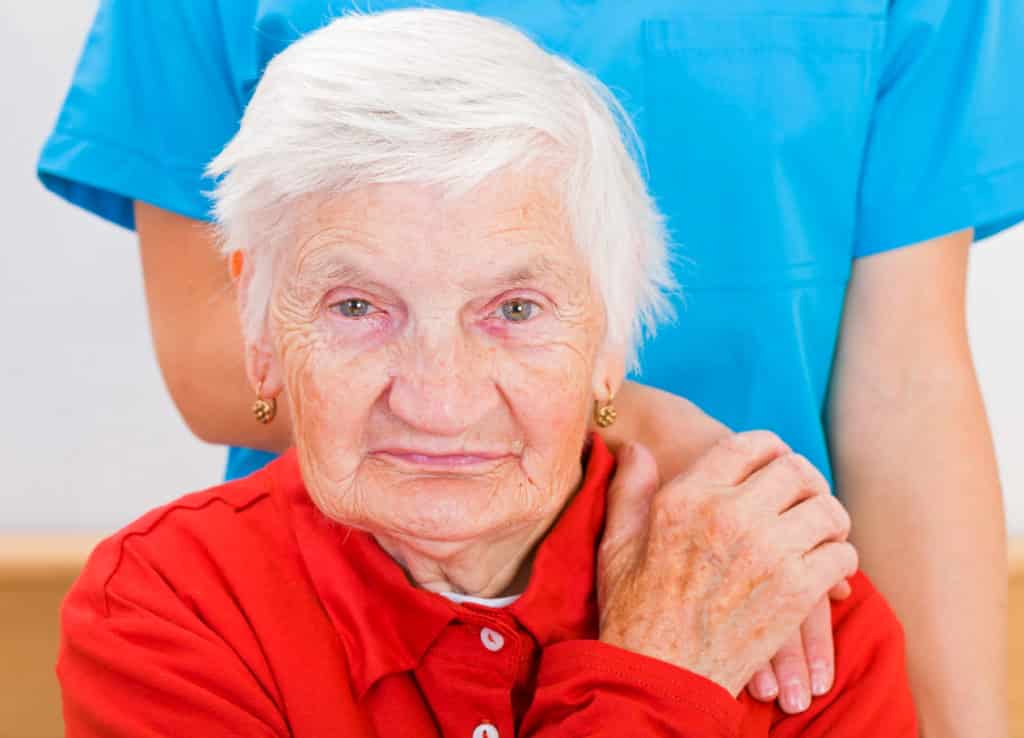
Our Massage Therapist meets people where they are in their experience and applies a highly individualized massage treatment to comfort and support patients, their caregivers and families.
Wherever you are in your journey, managing pain, anxiety/stress, fatigue, nausea or depression, massage can help.
Patients in hospice and palliative care are likely dealing with a variety of issues and massage therapy has been proven to help manage many of them. According to the American Massage Therapy Association, this includes providing a significant improvement for pain, anxiety and health-related quality of life for those who need to manage their pain.
Massage therapy is a nurturing part of the end-of-life experience, for many reasons, including the following:
Massage provides peace: The end-of-life process can be very physically demanding. While pain-relieving treatments and medications can be somewhat effective, they can also place additional strain on the body. Hospice massage acts as a natural treatment that can help patients get the peace they deserve.
The universal language of touch: While full-blown massage treatments may not be possible when a patient is in a fragile state, “attentive touch” can ease discomfort wherever it is needed. This may be a gentle foot massage or scalp massage. Ultimately, attentive touch can reduce stress and anxiety, allowing the patient to fully relax.
Calm and trust: The goal of hospice massage therapists is to just be present for the patient. They also serve as an anchor for family and other caregivers.
Physical benefits: The benefits of massage therapy range from stabilized heart rate, lower blood pressure, endorphin release, and eased depression, fear and anxiety. Overall the patient experiences a feeling of being cared for.
What Happens During a Massage Therapy Session
Research is showing us that massage has positive effects on symptom control and can improve the well-being and sleep of patients and their caregivers.
According to the Mayo Clinic, when a patient receives a massage, their muscles and soft tissues relax. In addition, their entire well-being has a chance to release anxiety and just be present in the moment. With this relaxation comes relief from pain and a sense of well-being. This allows the patient to experience greater peace and the ability to cope with the road ahead.
With this sense of well-being and relief from pain, the heart and breathing rates slow, blood pressure goes down, production of stress hormones decreases, and muscles relax. This is called a “relaxation response,” according to the University of Minnesota. Relaxation response also increases serotonin, a chemical in the body that affects emotions and thoughts. It may also decrease a number of physical effects of stress, such as:
- Anxiety
- Insomnia
- Fatigue
- Digestive disorders
- Psychological issues